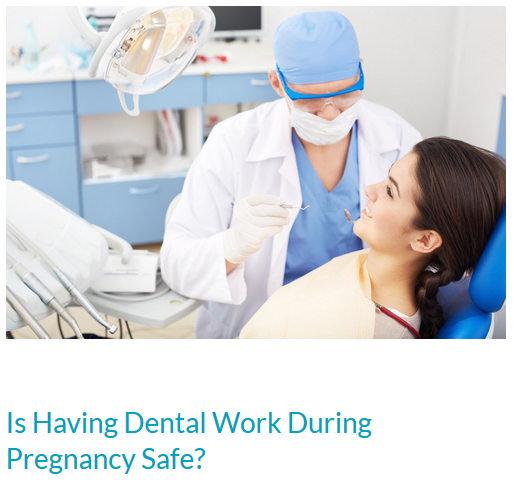Dealing with Cavities in Pregnant Women

Why Are Pregnant Women More Susceptible to Cavities?
During pregnancy, hormonal changes can cause an increase in acidity in the mouth, making it easier for bacteria to thrive and cause cavities. The increased acidity can also erode the tooth enamel, making it more vulnerable to decay. Additionally, many pregnant women experience cravings for sugary foods, which can further increase the risk of cavities.
How to Prevent Cavities During Pregnancy
Preventing cavities during pregnancy is essential for maintaining good oral health and preventing complications. Here are some tips:
- Brush your teeth twice a day with a fluoride toothpaste.
- Floss daily to remove food particles and plaque from between your teeth.
- Limit your intake of sugary foods and drinks.
- Drink plenty of water to keep your mouth hydrated and wash away bacteria.
- Chew sugar-free gum to stimulate saliva production, which helps neutralize acid in the mouth.
- Visit your dentist regularly for check-ups and cleanings.
The Advantages and Disadvantages of Dental Treatment During Pregnancy
While it is important to maintain good oral health during pregnancy, many women are hesitant to undergo dental treatments for fear of harming their unborn child. However, the risks of dental treatment during pregnancy are generally low, and the benefits of treating dental issues far outweigh the risks.
Advantages:
- Prevents and treats dental issues that can lead to complications during pregnancy.
- Reduces the risk of premature birth and low birth weight.
- Improves the mother's overall health and well-being.
Disadvantages:
- Potential risk of exposure to radiation during x-rays (although precautions can be taken to minimize exposure).
- Potential risk of infection if dental work is not performed in a sterile environment.
- Possible discomfort during dental procedures.
FAQs
1. Is it safe to undergo dental treatment during pregnancy?
Yes, it is generally safe to undergo dental treatment during pregnancy. However, it is important to inform your dentist that you are pregnant, as some treatments may need to be postponed until after the baby is born.
2. Can dental problems during pregnancy affect the health of the baby?
Yes, dental problems during pregnancy can lead to complications such as premature birth and low birth weight. It is important to maintain good oral health during pregnancy to prevent these issues.
3. What precautions can be taken to minimize radiation exposure during dental x-rays?
Lead aprons and thyroid collars can be used to minimize radiation exposure during dental x-rays. Additionally, digital x-rays emit less radiation than traditional film x-rays.
4. Can I still receive anesthesia during dental treatment while pregnant?
Yes, local anesthesia is generally safe during pregnancy. However, it is important to inform your dentist that you are pregnant so that they can take appropriate precautions.
Dealing with cavities during pregnancy is important for maintaining good oral health and preventing complications. By following proper oral hygiene practices and seeking dental treatment when necessary, pregnant women can ensure a healthy smile for themselves and their babies.
